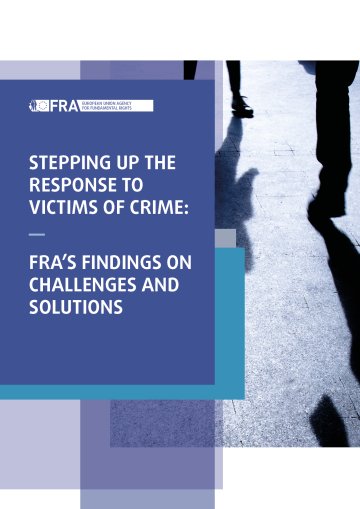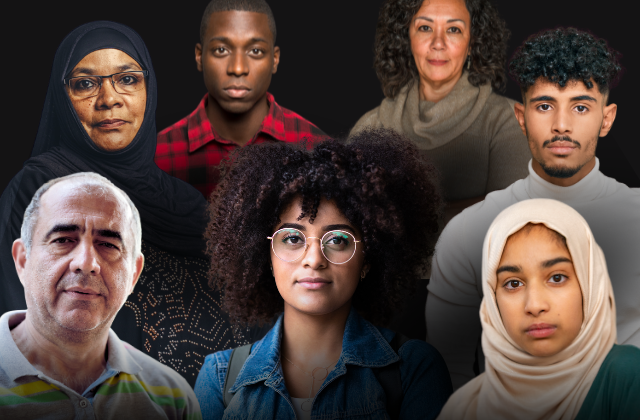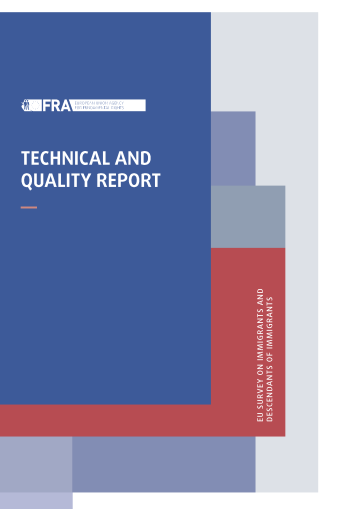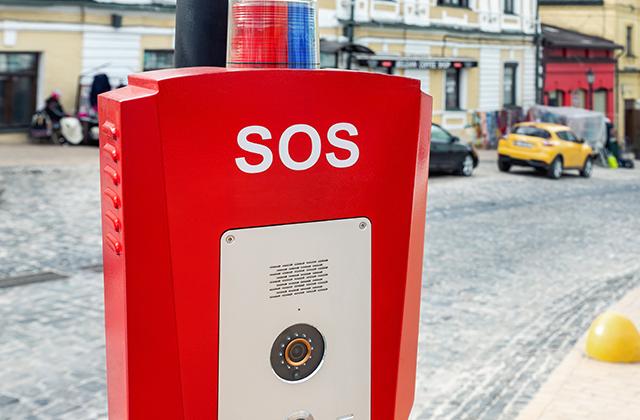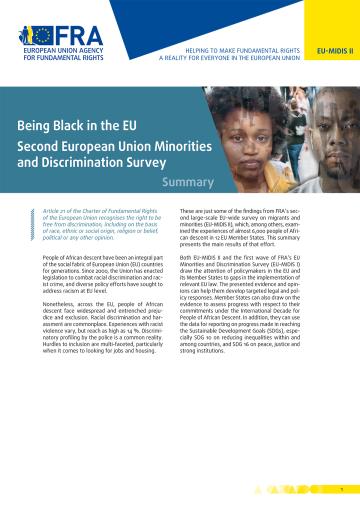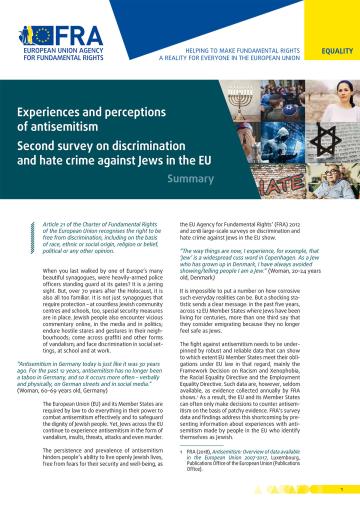FRA’s third large-scale survey on immigrants and the descendants of immigrants offers crucial insights into experiences of discrimination and racism. This report examines the experiences of almost 6,800 people of African descent in 13 EU Member States. Without this much needed data, racial discrimination remains invisible. FRA’s findings support developing a better understanding of the experiences of people of African descent in the EU and promote action on equality and inclusion.
In this report:
- Key findings and FRA opinions
- Discrimination and awareness of rights
- Experiences of discrimination
- Reporting discrimination
- Awareness of support organisations, equality bodies and anti-discrimination laws
- Racial discrimination and trust in public institutions
- Hate crime: Harassment and violence
- Scale and types of racist harassment
- Experiences of racist violence
- Police stops
- Encounters with law enforcement
- Circumstances and nature of most recent police stop
- Treatment by the police during stops
- Socioeconomic situation and living conditions
- Education
- Access to employment and quality of work
- Access to affordable housing and poverty
- Health
Please find below the links to the questionnaire in the different languages in which it was asked. Please always follow the source questionnaire in English available in the Downloads section above for for the overview and reading aid, instructions, routing and other details.
- Questionnaire in Danish for fieldwork in Denmark
- Questionnaire in Arabic for fieldwork in Ireland
- Questionnaire in German for fieldwork in Germany
- Questionnaire in Greek for fieldwork in Greece
- Questionnaire in Spanish for fieldwork in Spain
- Questionnaire in Finnish for fieldwork in Finland
- Questionnaire in French for fieldwork in France
- Questionnaire in Italian for fieldwork in Italy
- Questionnaire in Kurdish for fieldwork in Germany
- Questionnaire in Dutch for fieldwork in the Netherlands
- Questionnaire in Polish for fieldwork in Poland
- Questionnaire in Portuguese for fieldwork in Portugal
- Questionnaire in Swedish for fieldwork in Sweden
- Questionnaire in Tigrinya for fieldwork in Italy
- Questionnaire in Turkish for fieldwork in Germany
- Questionnaire in Tamazight for fieldwork in Belgium
- Questionnaire in Somali for fieldwork in Finland


